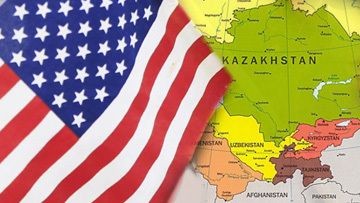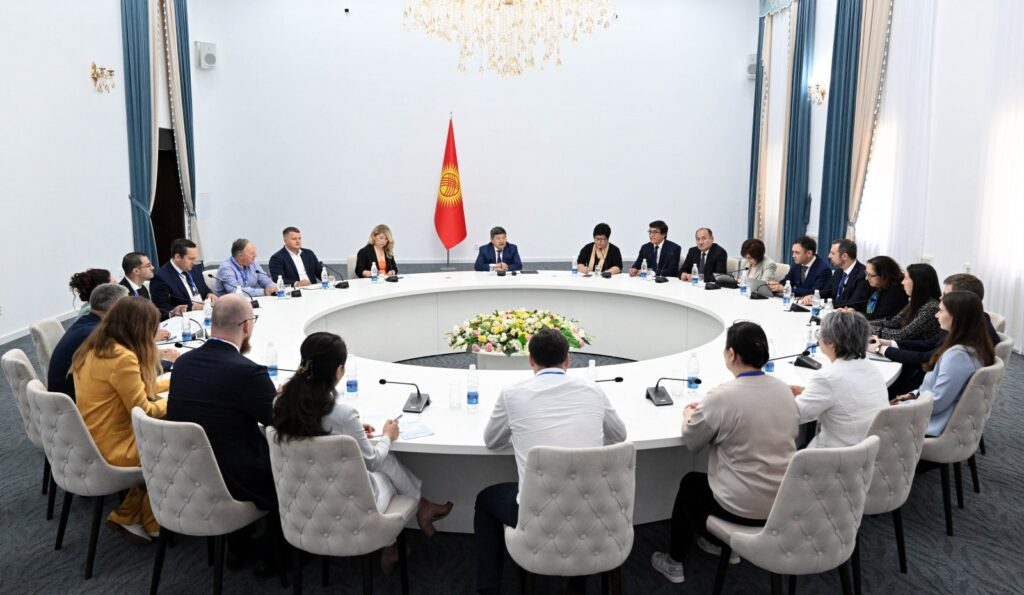BISHKEK (TCA) — On April 4-6, representatives of the five Central Asian nations and the United States are meeting to promote jobs, prosperity, and stability for the people of Central Asia. They will work together to enhance a spirit of cooperation and foster an open environment for international trade and investment through two efforts: the U.S.–Central Asian Trade and Investment Framework Agreement (TIFA) Council Meeting, and the C5+1 Economic and Regional Connectivity working group, the U.S. Embassy in Bishkek said.
U.S. Secretary of States John Kerry used his historic visit to Central Asia in November to engage in robust dialogue with the head of state in each Central Asian country, and to bring together the regional foreign ministers to deepen regional relationships. The visit was the beginning of a renewed relationship.
Since the parties signed the agreement in 2004, the U.S.-Central Asia TIFA has provided an annual opportunity for all five Central Asian countries and the United States, along with Afghanistan, which participates as an observer, to discuss investment, trade, regional cooperation, development, and regulatory reform. This framework has proven to be a flexible mechanism that facilitates robust dialogue on these issues of mutual interest and further strengthens economic cooperation.
In November 2015, the foreign ministers of Kazakhstan, the Kyrgyz Republic, Tajikistan, Turkmenistan, and Uzbekistan, and the Secretary of State of the United States issued an historic Joint Declaration of Partnership and Cooperation, known as the Samarkand Declaration. That document initiated the C5+1 effort to further enhance cooperation across the region.
The C5+1 initiative includes thematic working groups on regional economics and trade, environmental protection and renewable energy, and regional security threats. These working groups will prepare areas of further cooperation including concrete projects leading up to the next C5+1 ministerial this summer in the United States.
These collaborative engagements will advance shared issues of mutual interest such as customs policy issues and women’s economic empowerment, and provide a framework for the governments of the involved countries to continue cooperation on important economic issues. But most importantly, they will promote job growth and facilitate business contacts across the region.








